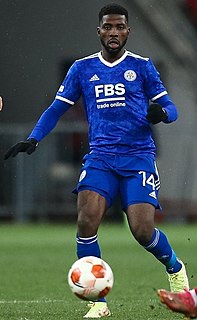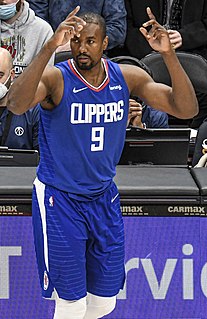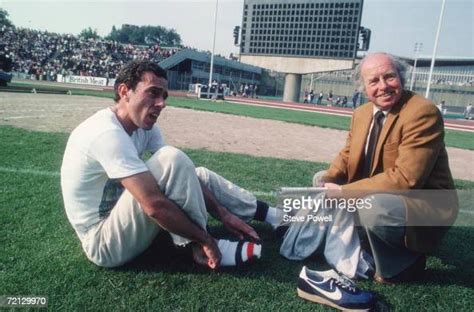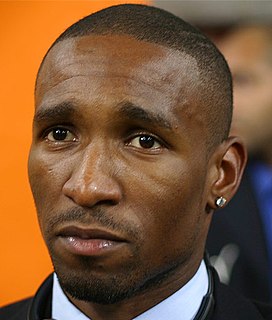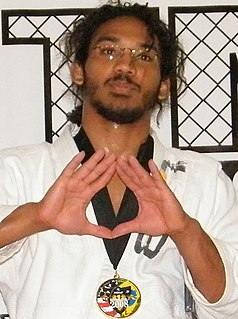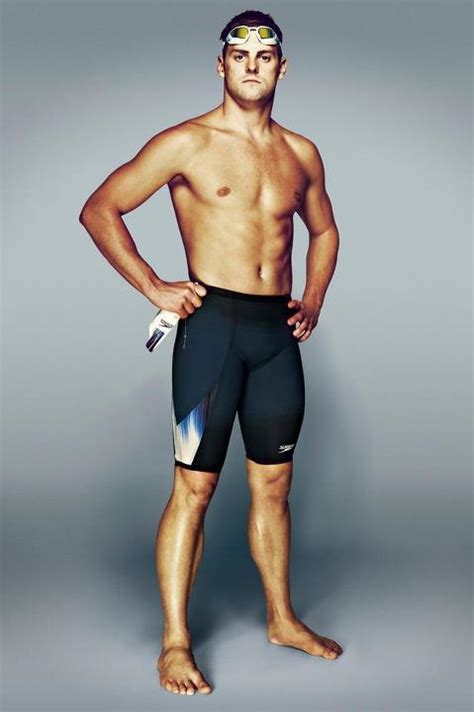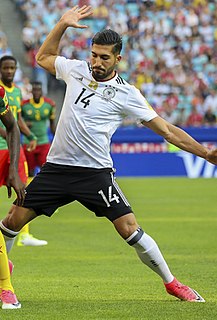A Quote by Dominic Calvert-Lewin
I work hard in training and the ultimate goal is to get in the starting XI. All I can do coming off the bench is affect the game and score the goals so hopefully that puts a question mark in the manager's mind.
Related Quotes
The advantage of not starting is you're sitting back, looking at the game and saying, 'OK, we need rebounding,' or 'We need hustle points.' Coming off the bench, that's what you try to do. The disadvantage of it is you gotta catch that flow. You're coming off the bench, you gotta come ready, warmed up already, catch the flow of the game.
If it comes it comes. But you can't look for a finish. If you look for a home run ball you'll never hit the home run; if you look for a goal you'll never get it but if you play the game, if you play football and the guy that's open gives you a pass and you score the goal, that's when you score. That's when you get all the goals.
I set goals, but they're mostly very personal goals. I never try and set a goal where 'I want to win this,' or 'I want to do this,' where other people can affect what I do. If I want to swim a new best time, I sit down and work out the best way of doing that. Whether I can shave a few tenths of a second off a turn or the start, my goal is putting them all together in a race. That's the way I set my goals.
We do believe in setting goals. We live by goals. In athletics we always have a goal. When we go to school, we have the goal of graduation and degrees. Our total existence is goal-oriented. We must have goals to make progress, encouraged by keeping records . . . as the swimmer or the jumper or the runner does . . . Progress is easier when it is timed, checked, and measured. . . .Goals are good. Laboring with a distant aim sets the mind in a higher key and puts us at our best. Goals should always be made to a point that will make us reach and strain.


